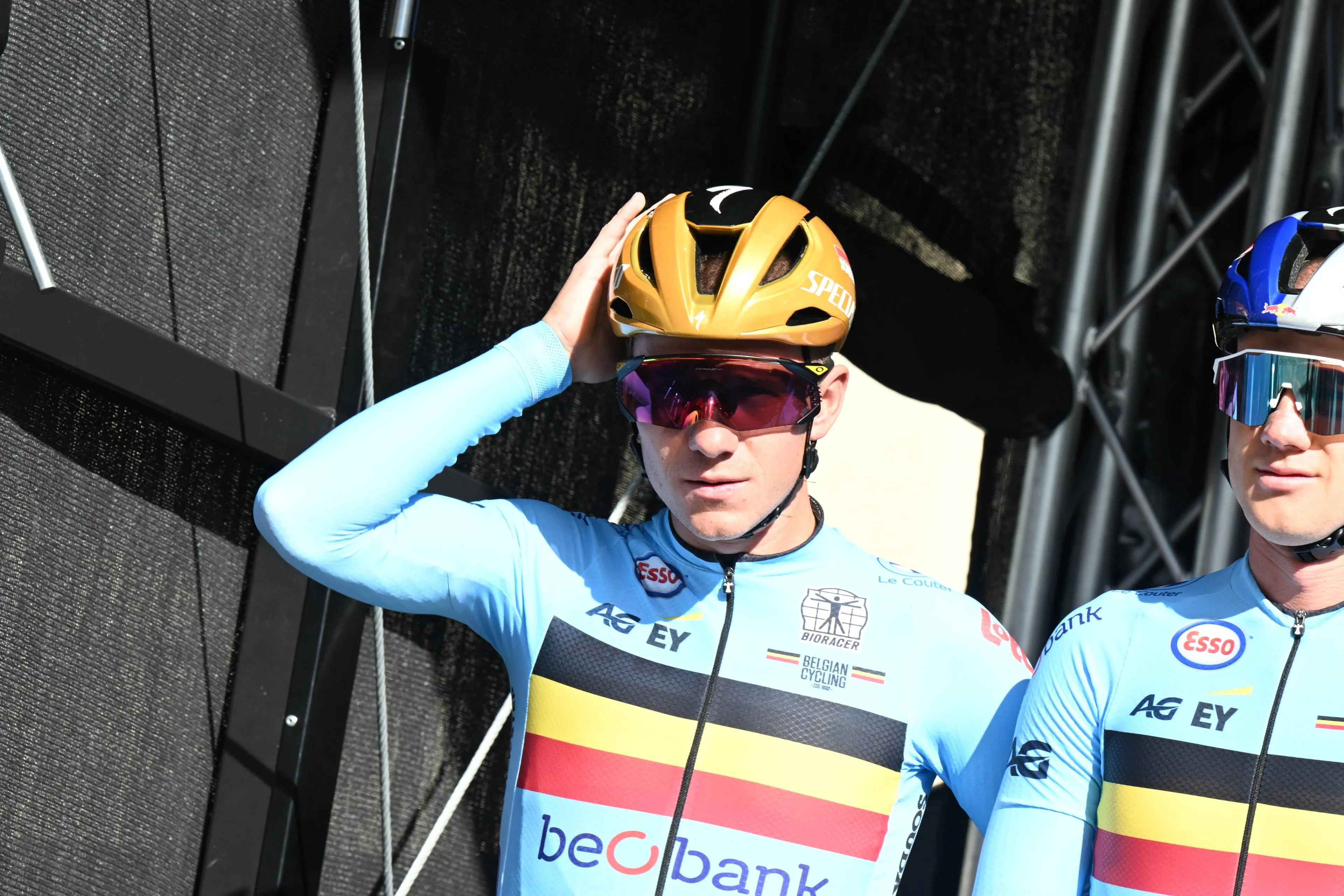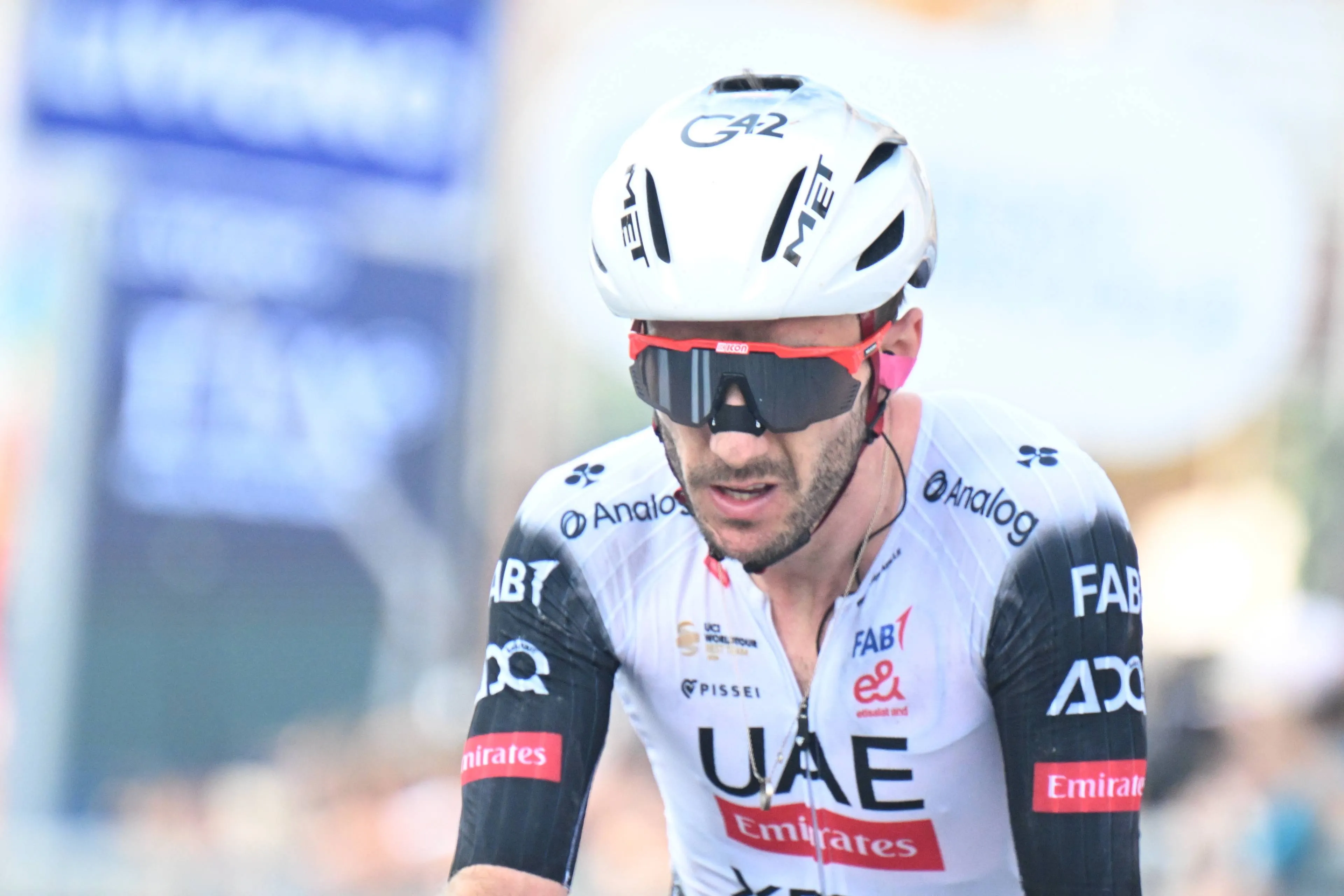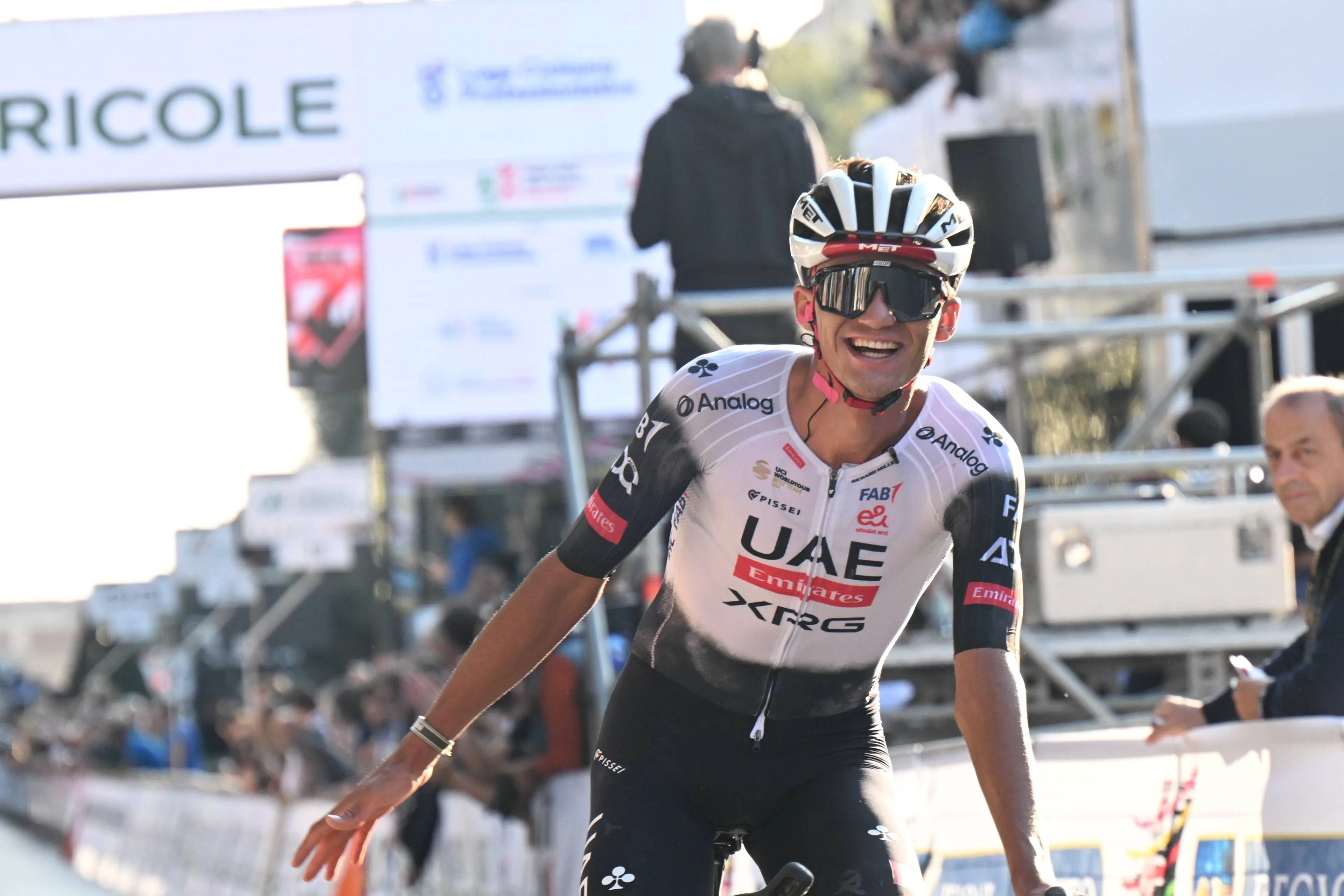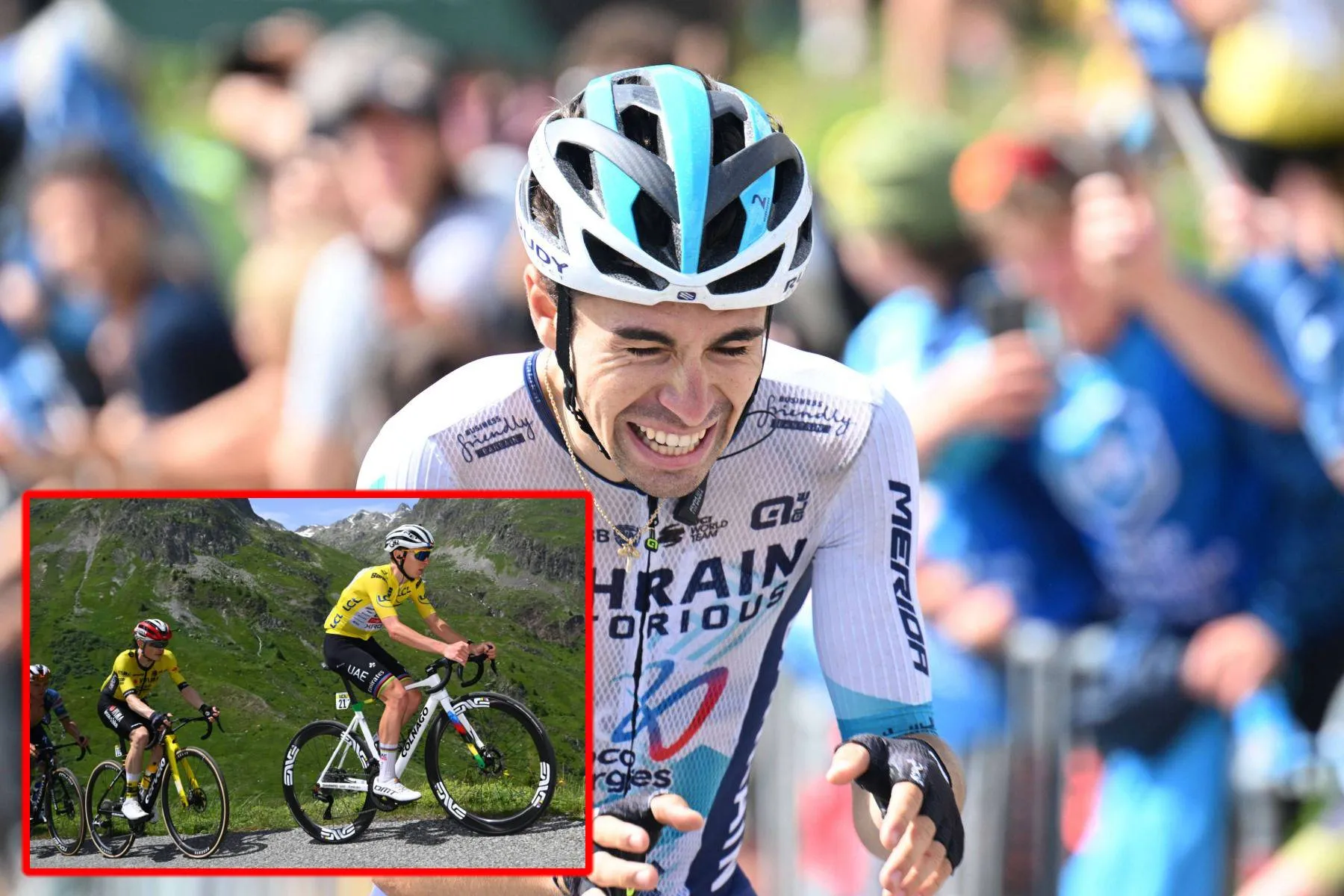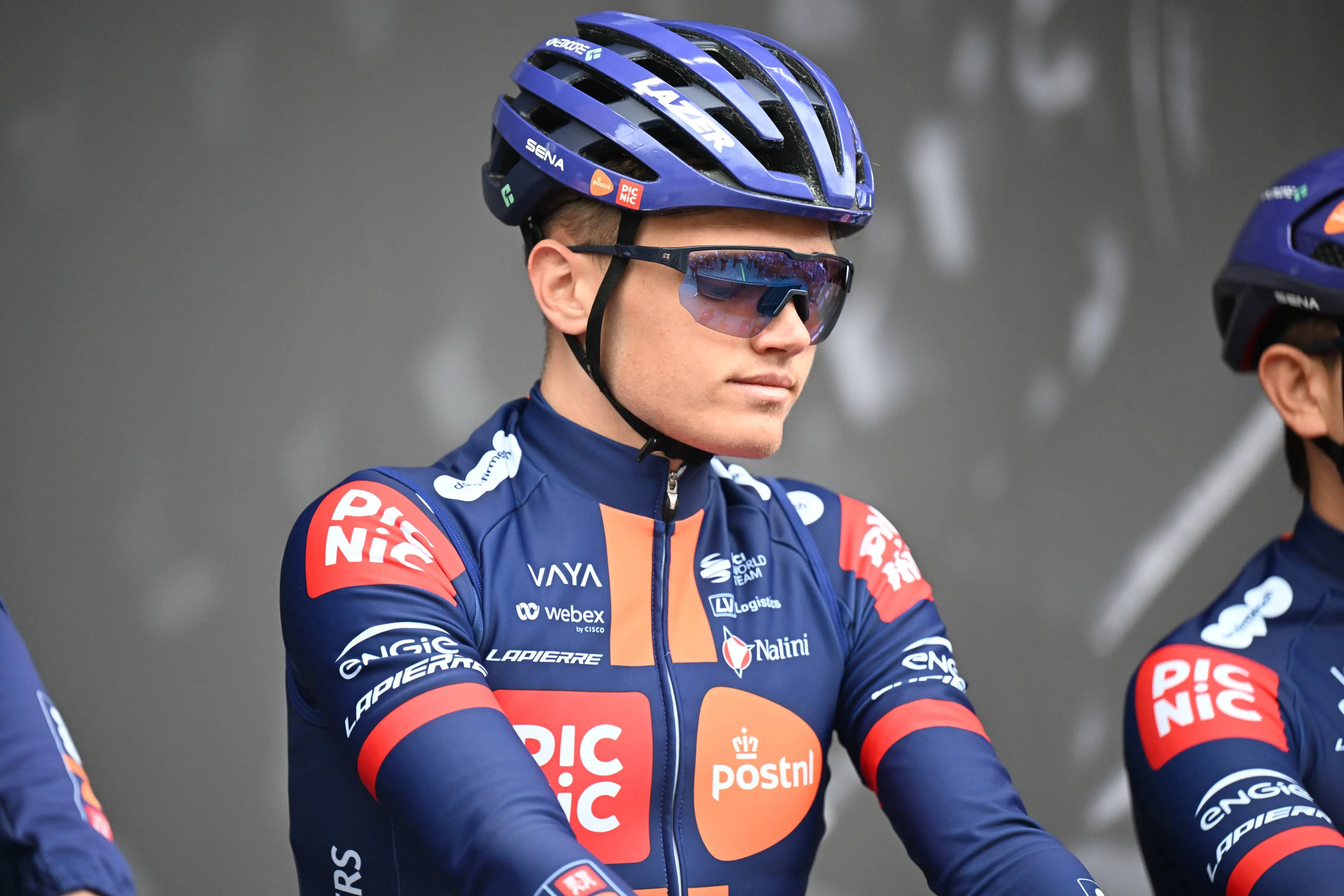The Influence of Team Strategy in Cycling Races and Betting Predictions
OtherTuesday, 17 December 2024 at 11:06

Team strategy is a cornerstone of success in cycling races. It’s not just about individual strength but how teams work together. This element also plays a significant role in sports betting. Online sports betting sites are growing more popular daily, with many platforms now offering expanded payment options and other modernized features that add more excitement. These sites also provide many betting options, including esoteric sports like cycling.
Here’s a look at how these two intertwine regarding strategies.
Betting Predictions and Key Metrics
Understanding team strategies can significantly improve betting predictions. Metrics like rider form, team strength, and race profiles are essential for evaluating potential outcomes. For example, a team with strong climbers is more likely to dominate mountain stages, especially in races with high-altitude climbs. Similarly, a team with a top sprinter and strong domestiques to support them is often the favorite in flat stages or sprint finishes.
Nowadays, contemporary platforms like Bitcoin betting sites offer a wealth of resources to bettors, including live updates, detailed statistics, and race analytics. If used correctly, betting strategies can drastically reduce a punter’s odds. These sites provide niche perks like better bonuses, faster payouts, and various odds and bets.
The resources offered also make evaluating how teams and individual riders perform throughout a race easier. Bettors who combine this data with their understanding of cycling tactics, such as breakaways and time trials, can make more informed choices.
Many platforms also offer live betting, an exciting feature that allows users to adjust their bets based on real-time developments. For instance, bettors can capitalize on these changes if a team unexpectedly launches a successful breakaway or a key rival falls behind due to mechanical issues. Leveraging team dynamics and race analysis through these platforms can significantly enhance the chances of placing successful bets.
The Importance of Team Strategy
While individual riders’ fitness levels and other physical traits of course matter, cycling races, especially stage races like the Tour de France, rely heavily on team strategy. Riders have different roles:
- Climbers
- Sprinters
- Domestiques
The entire group often supports the team leader. Domestiques protect the leader from the wind and provide crucial assistance during races. This teamwork determines whether the leader can perform at their best.
Strategic decisions include when to attack, defend, or conserve energy. Teams often study the course, weather, and rival tactics beforehand. These choices can change the outcome of a race. Understanding these strategies is key for bettors. It allows them to predict which team or rider has the upper hand.
The Role of Sprinters and Climbers
Specialist riders like sprinters and climbers play critical roles. Sprinters excel in flat stages and short bursts of speed. Climbers, on the other hand, dominate in mountain stages. Teams often build strategies around these specialists.
A sprinter often has to be built differently and might be protected throughout the stage to prepare for a final burst at the finish line. Climbers, on the other hand, rely on support during the ascent to maintain their pace. Understanding the strengths of sprinters and climbers helps in predicting stage winners. Bettors who consider these dynamics can make more informed decisions.
Domestiques: The Unsung Heroes
Domestiques are the backbone of any cycling team. Their main job is to support the leader. This includes pacing, carrying food and water, and shielding the leader from the wind. They sacrifice their chances of winning to help the team.
For example, domestiques often control the race tempo during climbs or flat stages. They chase down breakaways and ensure the team leader stays in a good position. This support makes it easier for the leader to conserve energy for key moments. Bettors should pay attention to teams with strong domestiques. They often increase a leader’s chances of winning.
Breakaways and Tactical Moves
Breakaways are a common tactic in cycling races. A small group of riders separates from the main peloton, hoping to maintain their lead. Sometimes, these moves succeed, especially in flat or rolling stages. Teams often send a rider into a breakaway to put pressure on rivals.
These tactical moves can confuse other teams and force them to expend energy chasing the breakaway. Bettors should assess how often a team uses breakaway strategies. A successful breakaway rider can deliver surprising wins, often with longer odds.
Time Trials and Team Dynamics
Time trials are unique stages in cycling races. Riders compete individually or as a team against the clock. Team time trials rely on synchronization and pacing. A well-coordinated team can gain valuable seconds or even minutes in the general classification.
Individual time trials highlight each rider's raw talent. However, even here, team support plays a role. Coaches and teammates often provide guidance and motivation. Bettors can look at past time trial performances to predict outcomes. Strong-time trial teams are often top contenders for overall race wins.
Weather Conditions and Strategic Adaptation
Weather plays a huge role in cycling races. Wind, rain, and heat affect performance and strategy. Crosswinds, for example, can split the peloton into smaller groups. Teams must adapt quickly to protect their leader.
Rain makes roads slippery, increasing the risk of serious crashes. Heat can lead to dehydration and fatigue. Teams with experience in adapting to these conditions often have an advantage. Bettors should watch for teams and riders with a history of performing well in challenging weather.
The Psychology of Teamwork
Advertorial: Team morale and cohesion are often overlooked but play a critical role in cycling success. A team that works well together can overcome challenges more effectively than one with internal conflicts. Conflicts, on the other hand, can harm performance. Miscommunication or disputes about roles can lead to poor decision-making and missed opportunities. For example, if teammates fail to coordinate during a sprint finish or a mountain climb, it can cost the leader valuable time or even a stage victory.
Strong leadership is key to maintaining team cohesion. Teams with clear roles and a shared goal are better equipped to handle high-pressure situations, such as decisive mountain stages or time trials. Leaders who inspire and direct their teammates effectively can keep morale high even during setbacks.
Bettors should pay close attention to team dynamics and leadership styles. In multi-stage races, these elements often determine long-term success. A well-coordinated and united team is far more likely to succeed than one riddled with discord.
claps 0visitors 0
Just in
Popular news
Latest comments
- If she was Dutch or Belgian she'd have already sorted a team out. Unfortunately, the CX teams are pretty insular to 'foreigners' and would rather give a spot to a local rider. And that is one reason why the sport is niche outside its heartland.wipperman9519-12-2025
- Dear Editor: It is no humiliation to make the final, even with two riders, and not get it perfect against another talented rider. Disappointment, sure.itsent18-12-2025
- I luv this guy ,so honest puts the hand up ..."my fault.".. I would be stoked to see him win his big monuments ... i think he would be a great team mate and friend.Davide18-12-2025
- In his years in the peloton, Evenepoel has had several major crashes that could have ended another person's career. In that, he is sadly similar to Roglic, whose crashes have had a huge impact on his still impressive palmares. I'd say the first thing that needs to happen is that everyone make it to the Tour safely. At that point? I don't think they stand a chance against the UAE engine, and the man who is only now (seriously?!) coming into what used to be the age of maturity, refinement, and full bodily development.RidesHills18-12-2025
- It must be hard for him to let go...somewhere in his mind he sees himself competitive. The reality of his entire time at IPT tells a different story altogether.Crashjames18-12-2025
- Not only that, but aside from JV, no one has remotely come close to Tadej level, and I seriously doubt Remco or Lipowitz will be there next year in the finales. That said, a lot can happen on the road in the next year, and I hope it's an epic battle among all of the top 10 finishers. It's a little anticlimactic to watch Tadej ride everyone off his wheel, even if it is super impressive to watch.Crashjames18-12-2025
- He couldn't finish in the top 100 at Unbound Gravel. He might be able to hold the wheel in a cat 3 crit but even that's debatable. Not being facetious.paule18-12-2025
- It isn't just the 5 million euros a year. It's also the never-ending hospital bills. Two weeks to go for Sylvan Adams to get out from under this mess.paule18-12-2025
- LOL, Del Toro, while very strong, is not currently racing at a level higher than Remco or Lipowitz. He can be by 2027 though and probably will be. You are discounting Remco's season this year, which his underperformance was caused by a crash that would have retired most people. He will be very strong this coming year as long as he keeps the rubber side down.awp18-12-2025
- It would be nice to see him have a healthy season and do well.JoeyB18-12-2025
Loading
Write a comment
